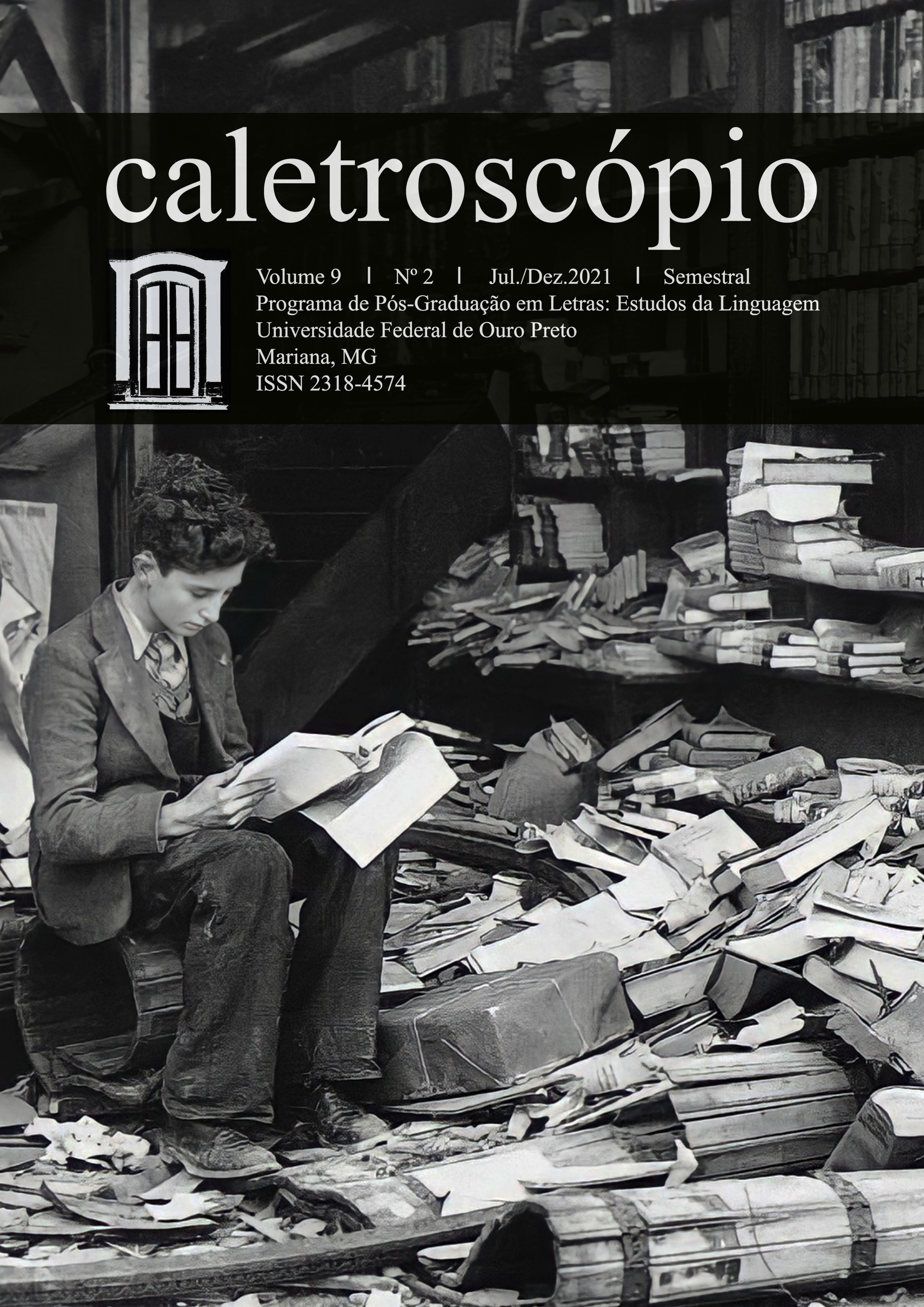Formação de professores: estágio obrigatório em tempos de pandemia
Resumen
Nos cursos de formação de professores, cada vez mais, discute-se acerca da educação no século XXI. Nos últimos anos, devido ao avanço da tecnologia, aprender e ensinar sofreram mudanças. Professores e escola buscam, diariamente, tornar a aprendizagem mais significativa e com propósito para os alunos, que, muitas vezes, sentem-se desmotivados ou até mesmo incapazes de aprender. Este estudo pretende refletir acerca da formação de professores e das contribuições que o estágio curricular obrigatório de Língua Portuguesa, realizado de forma on-line, durante a pandemia de Coronavírus, proporcionaram à formação das acadêmicas. Esta pesquisa, qualitativa, apresenta uma revisão bibliográfica e ampara-se nos diários formativos, escritos para elaboração dos relatórios finais das estagiárias. Concluído o estágio e realizadas as reflexões, destaca-se a necessidade de planejamentos diferenciados para aulas on-line, e, principalmente, faz-se necessário considerar o protagonismo dos alunos, construtores de novas aprendizagens, a partir das intervenções do professor, mediador desse processo.
Descargas
Citas
BEZERRA, B. G.; PIMENTEL, R. L. Normativismo linguístico em redes sociais digitais: uma análise da fanpage Língua Portuguesa no Facebook. In: Trab. Ling. Aplic., Campinas, n(55.3): 731-755, set./dez. 2016. Disponível em:
BRASIL. Ministério da Educação. Base Nacional Comum Curricular: O pacto interfederativo e a implementação da BNCC. Brasília: MEC/Secretaria de Educação Básica, 2018.
BRASIL. Ministério da Educação. Portaria nº 544, de 16 de junho de 2020. Brasília: MEC/Diário Oficial da União, 2020. Disponível em:
CANDIDO, A. O direito à literatura. In: Vários escritos. São Paulo: Duas Cidades, 1995.
CARRASCO, W. Vida de Droga. São Paulo: Ática, 2006.
DUMAS, A. As aventuras de Robin Hood. São Paulo: Clássicos Zahar; Edição bolso de luxo, 2016.
FORMOSINHO, J. Formação contínua de professores: Realidades e perspectivas. Aveiro: Universidade de Aveiro, 1991.
FREIRE, Paulo. Pedagogia da autonomia: saberes necessários à prática educativa. São Paulo: Paz e Terra, 1996.
HOPPE, M. C. A formação de professores: o letramento crítico na sala de aula e as práticas sociais. In: Revista Uniletras - v. 36, número 2, p. 201-209. Ponta Grossa, 2014. Disponível em
MENDONÇA, A. P. Alinhamento Construtivo: fundamentos e aplicações. In: GONZAGA, A. M. Formação de Professores no Ensino Tecnológico: fundamentos e desafios. Curitiba-Brasil: CRV, 2015. v. 1. p. 109-130.
PELIZZARI et al. Teoria da aprendizagem significativa segundo Ausubel. In: Rev. PEC, Curitiba, v.2, n.1, p.37-42, jul.2001-jul.2002. Disponível em:
PIMENTA, S. G.; LIMA, M. S. L. Estágio e docência. 3. ed. São Paulo: Cortez, 2008.
PIMENTA, S.G.; LIMA, M. S. L. Estágio e docência: diferentes concepções. In: Revista Poíesis - v.3, números.3 e 4, p. 5-24. Rio de Janeiro, 2005.
SOARES, M. Alfabetização e Letramento. 5ª ed., São Paulo: Contexto, 2008.
La Revista Caletroscópio detendrá, por un periodo de tres años, los derechos autorales de todos los trabajos aceptados para publicación: artículos, reseñas, traducciones, etc. Salvo esa restricción, los trabajos están licenciados con la Licencia Creative Commons – Reconocimiento – NoComercial – SinObraDerivada 4.0 Internacional. Después de ese tiempo, caso el autor publique el texto, aunque sean hechos cambios en el original, se solicita que sea incluida, en nota a pie, la información de que una versión anterior del artículo fue publicada en la Revista Caletroscópio, presentando las referencias adecuadas.


